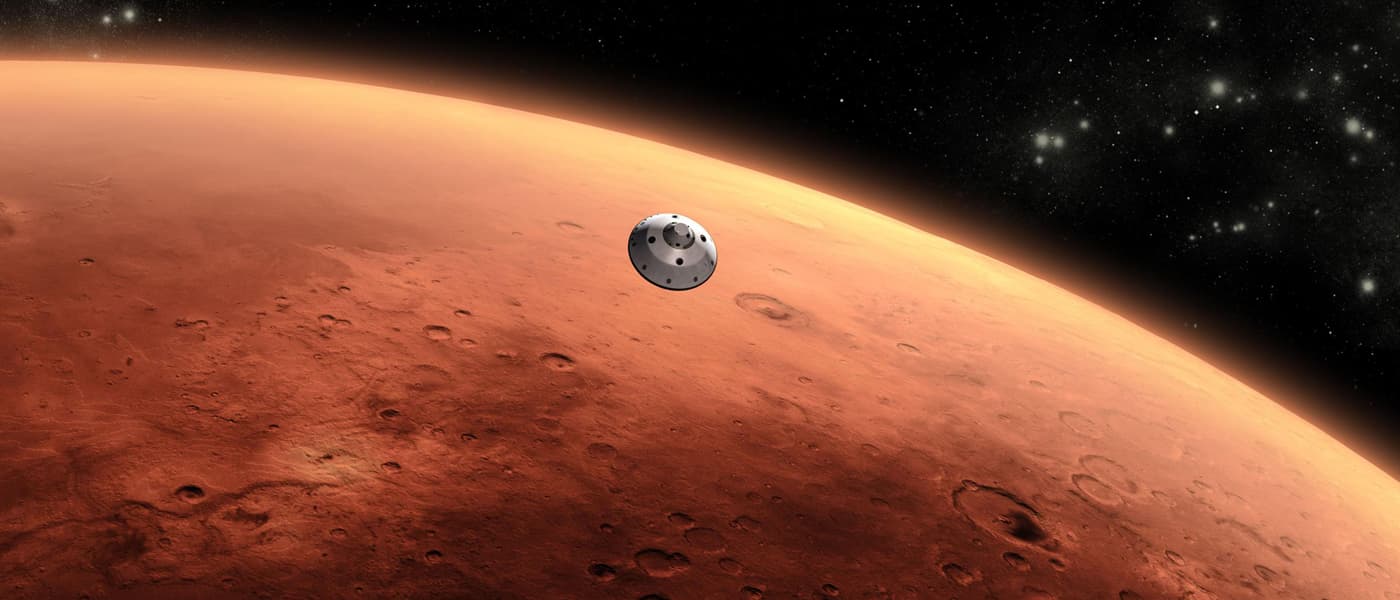Funds Are On The Way
It looks like Republican and Democratic senators alike are keen on safeguarding America's space programs. With the potential chaos of a new president on the horizon, the Senate Committee on Commerce, Science, and Transportation passed a bipartisan bill giving NASA $19.5 billion to continue working on a mission to Mars. It also includes support for the continuation of the program to send astronauts on private rockets to the International Space Station (ISS) from American soil no later than 2018.
"We have seen in the past the importance of stability and predictability in NASA and space exploration – that whenever one has a change in administration, we have seen the chaos that can be caused by the cancellation of major programs," Republican Senator Ted Cruz, lead sponsor of the bill, commented. "The impact in terms of jobs lost, the impact in terms of money wasted has been significant."
The NASA Transition Authorization Act of 2016 includes an overall authorization level of $19.508 billion for fiscal year 2017, but it still needs to be passed by the Senate as a whole, of course. The budget allotted is the same as what was approved by House appropriators and a bit more than the version released by the Senate Appropriations Committee. The Obama administration, likewise, proposed $19 billion in funding for NASA.
Making it rain, NASA-style
The Senate is not giving NASA money just for the sake of exploration. It is also a challenge, a mandate, actually. The bill requires that NASA make it an official goal to send crewed missions to Mars in the next 25 years.
The bill allocates funds for different components: $4.5 billion on exploration, nearly $5 billion for space operations, and $5.4 billion for science. It also does not scrap NASA's controversial plans to send men on asteroids and collect samples by 2021. It does, however, require the space agency to regularly send progress reports to Congress, justifying its $1.4 billion cost.
"Fifty-five years after President Kennedy challenged the nation to put a man on the moon, the Senate is challenging NASA to put humans on Mars. The priorities that we’ve laid out for NASA in this bill mark the beginning of a new era of American spaceflight,” said an optimistic Florida Sen. Bill Nelson, senior Democrat on the Commerce panel.
The bipartisan support behind the new bill shows that space exploration is an issue that all parties can agree is vital to our growth as a nation and a species. Now we just have to wait to see if it passes the Senate.
Share This Article
